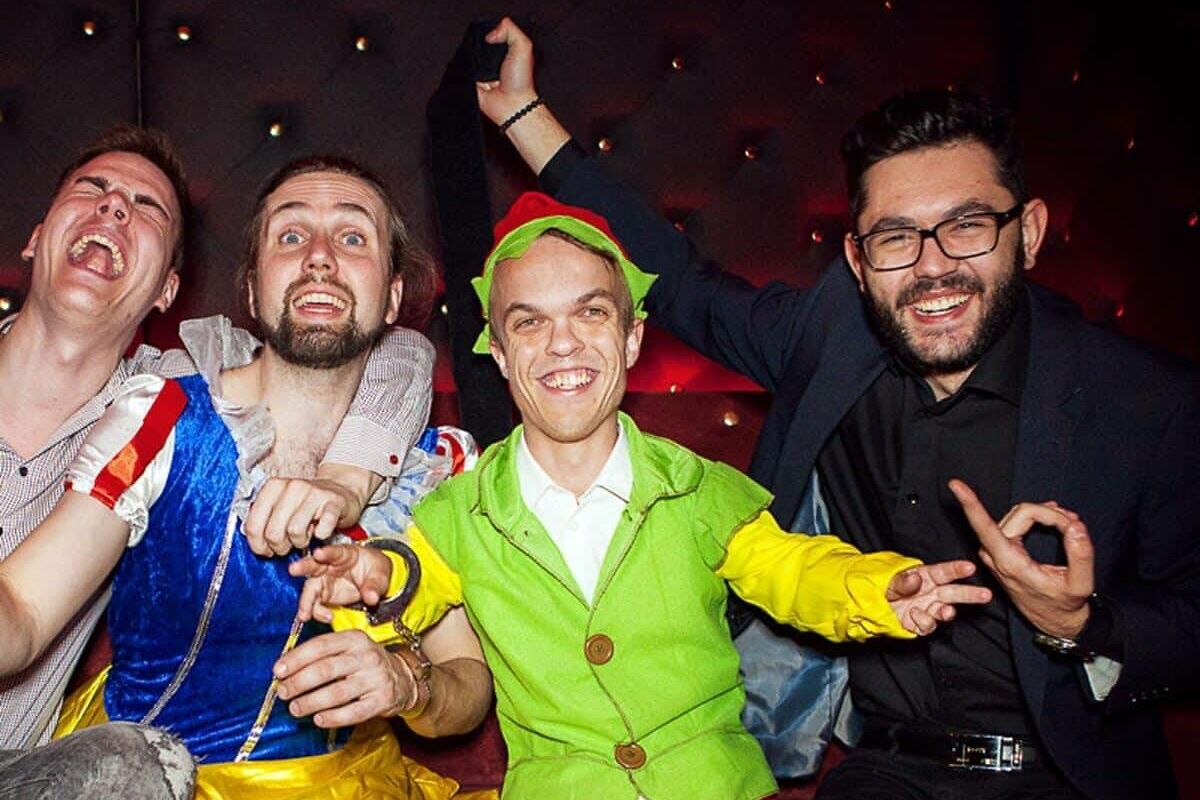
As A Woman With Dwarfism, This Is What I Wish People Would Know About It
Most people have heard about dwarfism and seen characters with dwarfism in fairy tales and films. However, most people have never met someone like me and thus I, and others with dwarfism, are often treated in a way which is reflective of these representations. As a university lecturer with dwarfism, whose research explores the cultural and social aspects of living with dwarfism, I want to try and dispel some myths.
Most people don’t know what the correct term is best used to refer to a person with dwarfism
Acceptable terms include a person with dwarfism, dwarf, little person, a person of short stature, and a person with restricted growth. Personally, I do not like the term little person, but I accept that some others do. The one term most of us hate is ‘midget’. It is a slur and an example of disability hate speech.
We are not a separate race
Some of the most popular representations of dwarfism, such as Snow White and the Seven Dwarfs, The Wizard of Oz, and Charlie and the Chocolate Factory, depict us a separate race of people living far away. I am often asked if my family is like me, i.e. do they have dwarfism? My family is all of the average stature. Furthermore, 80% of us are born to average-sized parents.
Most of us work in everyday occupations, such as teachers, lawyers, doctors and astrophysicists
There are numerous notable people with dwarfism who all work in respectable professions, including Paul Stephen Miller (Lawyer), William A. Weaton (Astrophysicist), Angel Van Etten (Lawyer and Activist), Judith Badner (Geneticist and Psychiatrist), Lee Kitchens (Engineer and Inventor) and Michael Ain (Orthopaedic surgeon) to name but a few.
I am a university professor. However, it is often assumed that we all work in the entertainment industry and that is the only place people have seen us. This is problematic as most of us don’t work in there and do not see ourselves as novelties.
Dwarfism is often contested as a disability, but it is classified as one, including under the Americans with Disability Act (1990)
However, that doesn’t stop people from telling people with dwarfism off for using accessible bathrooms and low counters, despite both being more accessible for them.
We are not children and don’t like to be infantilized
A lot of people with dwarfism experience people treating them like children, which is patronizing and disempowering.
We don’t like to be photographed
Lots of people report others taking unsolicited photos of them in public. It is intrusive and suggests that we are a novelty.
Most of us are against dwarf tossing
The lawyer Angela van Etten, who has dwarfism, has been very proactive in getting it banned. It is dangerous and degrading. Whilst there’s a minority of people with dwarfism who enjoy being treated as a commodity, but most of us find it degrading. It just seems like something to make men feel superior. Even if the minority don’t mind the rest of us get associated with it, as a result, a lot of people with dwarfism report being picked up in public. A lot are concerned about their safety. We have spinal problems and thus it increases our risk of permanent injury. Would you toss a wheelchair user or a person with a visual impairment?
Hiring out dwarfs is degrading
It is just so people can laugh at them. The dwarfs hiring themselves out are not professional entertainers, but just a form of entertainment due to their dwarfism. Just because a minority agrees to do it doesn’t mean its right. It impacts our social standing and makes people think we are novelties. Would you hire another disabled person or perhaps a person based on their ethnicity?
Please don’t ask me how tall I am. Not unless I can ask you how much you weigh
Not all of us want to be tall, but it should be our choice if we want to be
As mentioned, 80% of people with dwarfism are born of average sized. Many assume, due to societal beliefs about height and disability and with encouragement from doctors that we want to be taller. When I was a child, like many children with dwarfism I was offered limb-lengthening treatment. Basically, it involves breaking limbs and setting screws into the bones. These screws are turned each day for several months in order to stretch the limbs. It is a long and painful procedure, with risks, that many parents choose for their children. I am not against it, but it should be down to the person. Now a newer treatment aimed at babies with dwarfism is being offered, meaning that the decision is firmly with the parents. Of course, most want what is best but they do not have any experience of having dwarfism. One parent stated that their child was having the treatment as it would make it easier for them to date. Yes, people have height preferences but that attitude comes from a discriminatory society.
707views
Share on FacebookThis was very interesting, thank you. I had no idea "dwarf tossing" was a thing though, I am shocked and disgusted.
This was very interesting, thank you. I had no idea "dwarf tossing" was a thing though, I am shocked and disgusted.
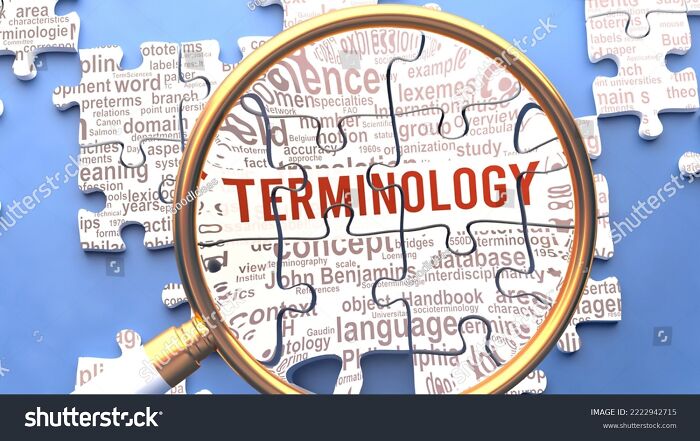
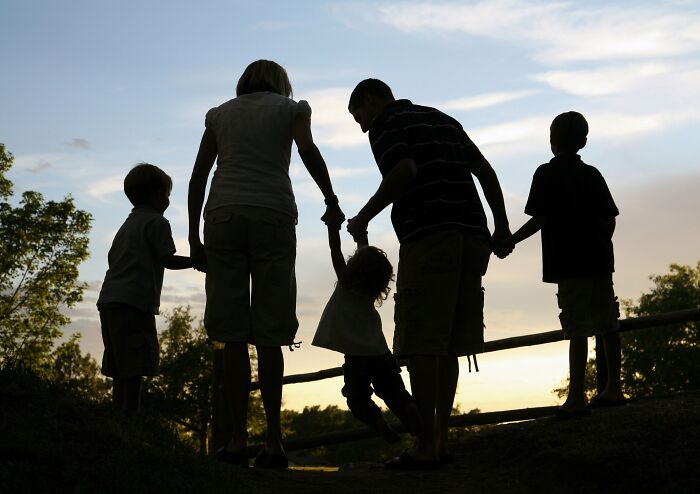
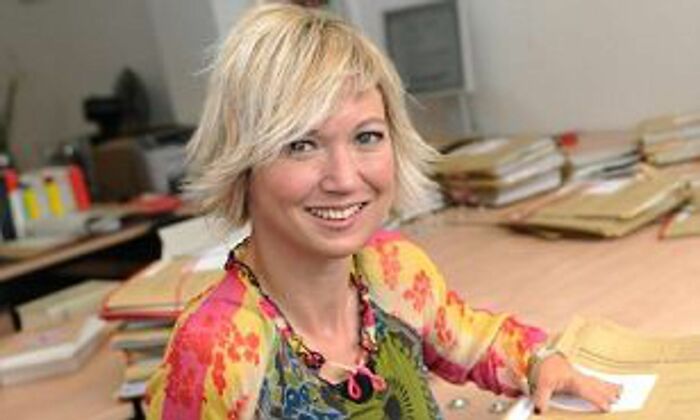
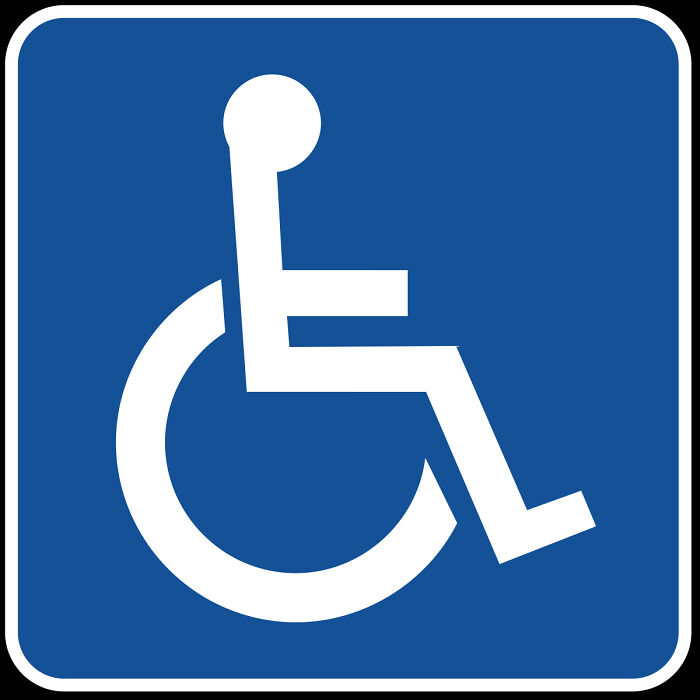
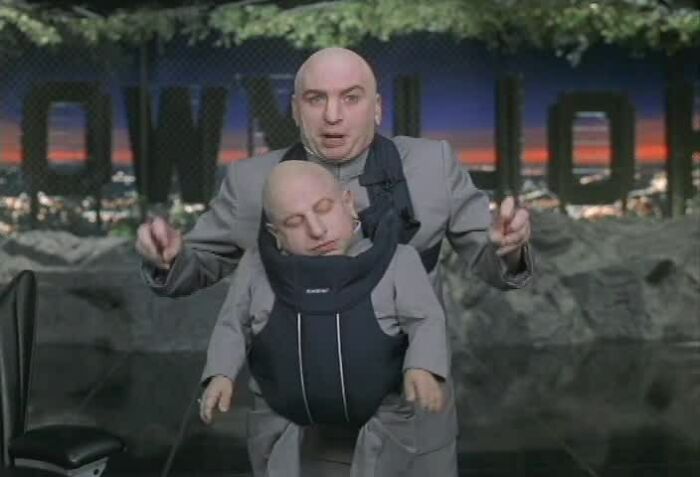
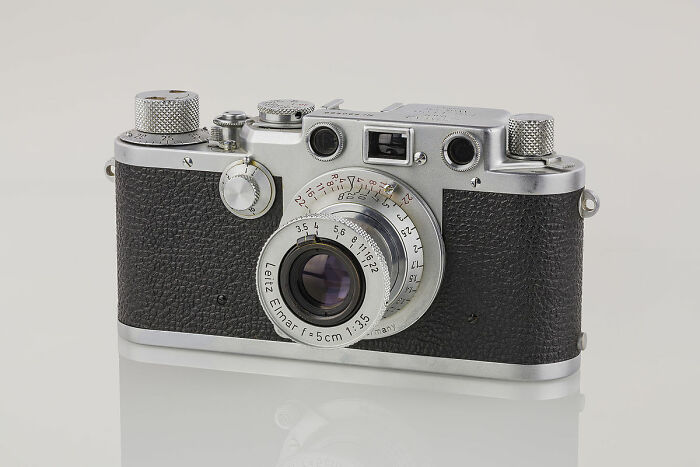
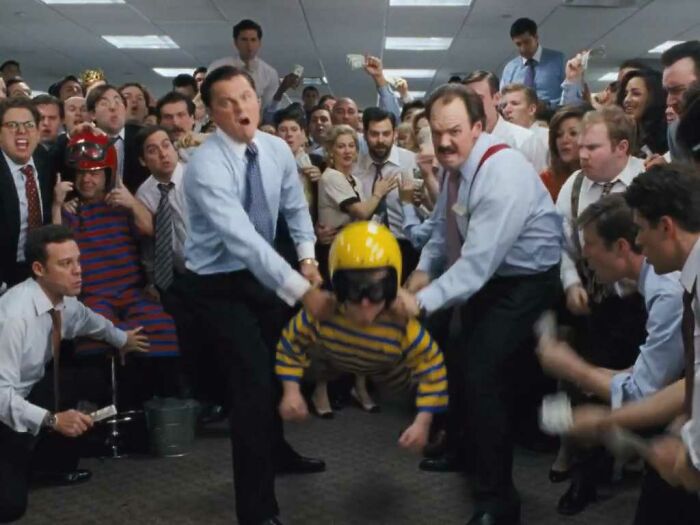
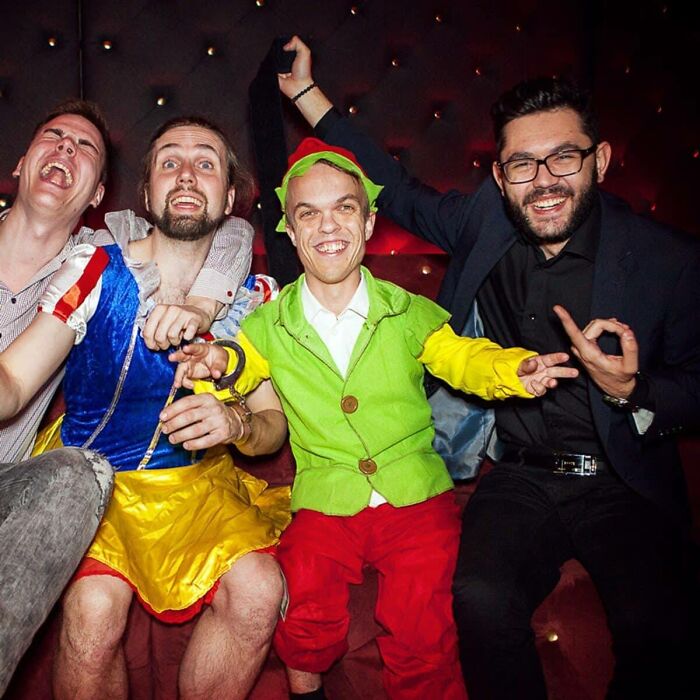
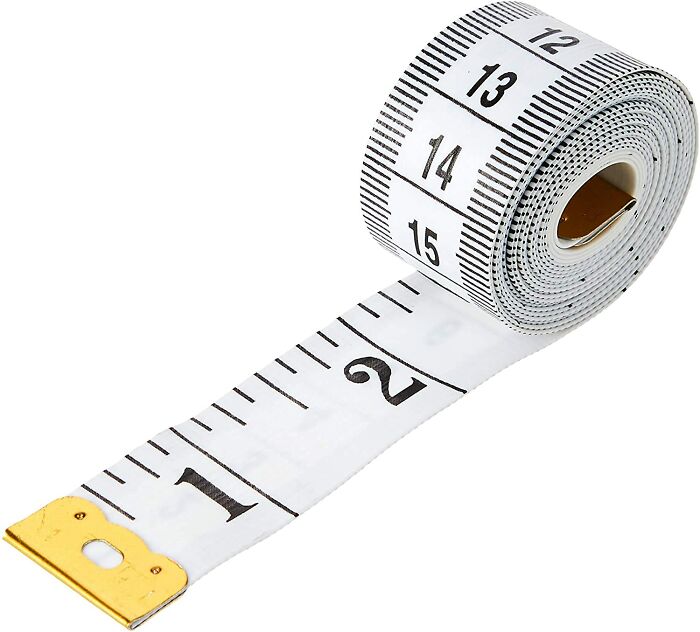
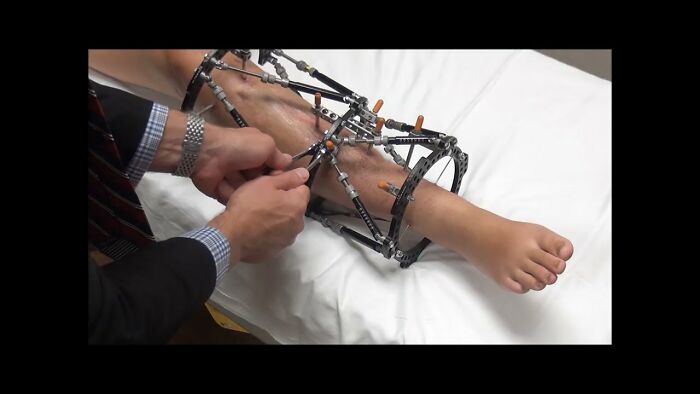




12
1